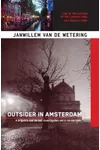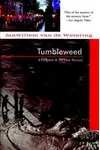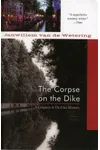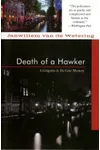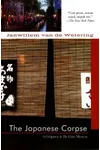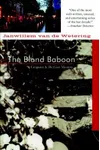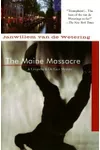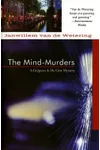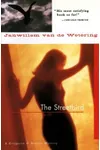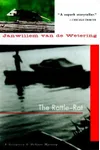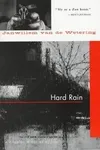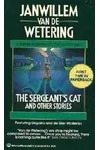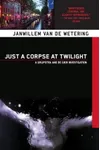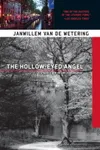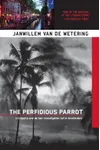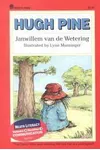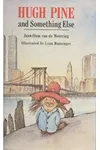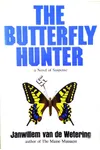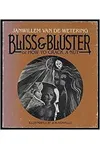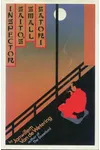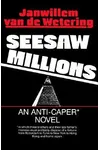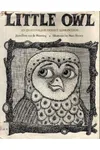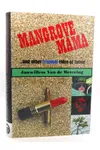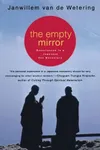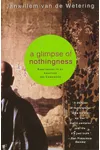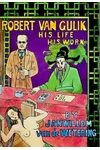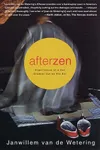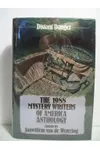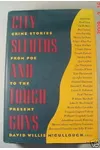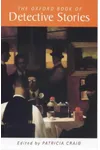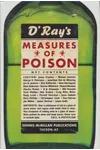Janwillem van de Wetering: The Zen Detective Storyteller
Picture a Dutch adventurer who swapped a businessman’s suit for a Zen monk’s robes, then crafted thrilling crime novels infused with philosophy—meet Janwillem van de Wetering! Known for his Grijpstra and de Gier mystery series, this Rotterdam-born author blended Amsterdam’s gritty charm with spiritual musings, captivating readers worldwide with his unique storytelling.
The Making of Janwillem van de Wetering
Born on February 12, 1931, in Rotterdam, Janwillem van de Wetering grew up in a merchant family, destined for international trade. After studying at Nyenrode Business University, he globe-trotted, working in South Africa, Japan, and beyond. His time in a Kyoto Zen monastery, detailed in The Empty Mirror, shaped his philosophical outlook. Later, serving as a reserve constable in Amsterdam’s police force, he gathered real-world grit for his detective tales, launching his writing career in his 40s.
Janwillem van de Wetering’s Unforgettable Stories
Van de Wetering’s Grijpstra and de Gier series, starting with Outsider in Amsterdam (1975), follows the quirky duo of Adjutant-Detective Henk Grijpstra and Sergeant Rinus de Gier, guided by their wise, unnamed Commissaris. These novels, set against Amsterdam’s canals and chaos, mix police procedurals with Zen-inspired reflections. The Maine Massacre (1979), which won the prestigious Grand Prix de Littérature Policière, takes the detectives to van de Wetering’s adopted home in Maine, blending humor and mystery. His children’s series about Hugh Pine, a clever porcupine, showcases his playful side, while nonfiction like Afterzen dives into his spiritual journey. His writing style—rich with Amsterdam imagery, philosophical depth, and a touch of wit—sets him apart in the crime genre.
Beyond novels, van de Wetering penned short stories for Ellery Queen’s Mystery Magazine, radio plays, and even translated works like Alexandra David-Néel’s Buddhist texts. His ability to write in both Dutch and English, often with distinct versions, added layers to his storytelling, making each book a fresh experience.
Why Janwillem van de Wetering Matters
Janwillem van de Wetering’s impact lies in his fusion of crime fiction with existential questions, appealing to readers who crave more than just whodunits. His Amsterdam Cops series inspired Dutch and German films, a 2004 TV show, and a lasting fanbase. By weaving Zen principles into gritty mysteries, he carved a niche that influenced modern philosophical crime writers. His global perspective—drawn from living in Japan, South Africa, and Maine—brought a worldly depth to his work, making it timeless.
- Born: February 12, 1931, Rotterdam, Netherlands
- Key Works: Outsider in Amsterdam, The Maine Massacre, The Empty Mirror, Hugh Pine
- Awards: Grand Prix de Littérature Policière (1984)
- Died: July 4, 2008, Blue Hill, Maine
Ready to unravel mysteries with a Zen twist? Snag Outsider in Amsterdam and dive into Janwillem van de Wetering’s captivating world of crime and contemplation!
